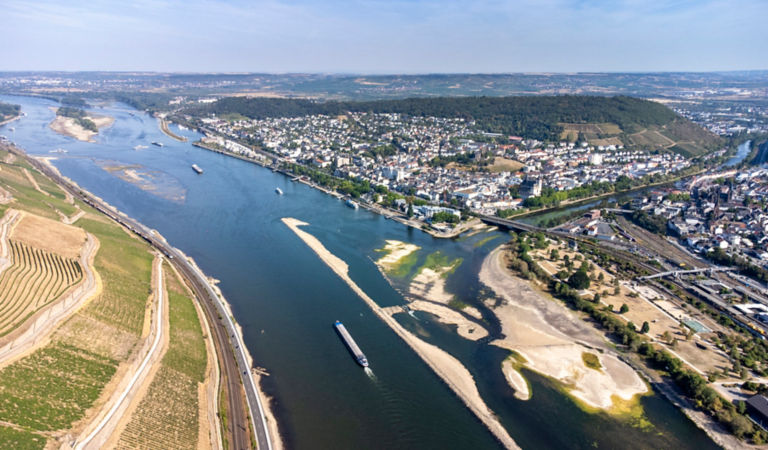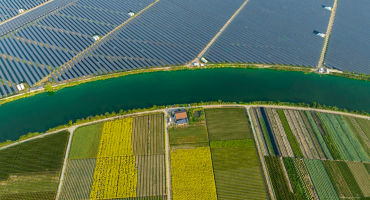Compelling impact investment potential
Our impact investment teams have observed that companies and issuers are increasingly developing innovative solutions across the water value chain. Below are a few examples.
Evoqua6 offers a range of water and wastewater treatment solutions, which include disinfection, filtration and high-purity water systems. The company has contributed to more than 200,000 installations, the removal of 166,297 kg of metal during water treatment and the processing of 141.6 billion cubic metres of water.7
Aegea6 provides clean water and sewage services across Brazil, with its operations spanning more than 150 cities. The company’s services reach 21 million individuals across more than 3.7 million households.8 Aegea’s products and services aim to improve water security and reduce water loss, and include repairing and replacing water networks, drilling aquifers and installing water pressure meters.
Supreme Industries6 is an Indian manufacturing company with a wide range of plumbing and sanitation products. The company already has a large manufacturing footprint across India and has a strong addressable market opportunity, given that over 70% of sewage in India is discharged untreated — polluting rivers, coastal areas and wells across 75% of the country’s water bodies.9
As highlighted in Wellington’s 2021 Global Impact Annual Report, our impact investments within our clean water and sanitation theme supported infrastructure and technology solutions across the water cycle in 2021, translating into more than 147 billion cubic metres of water provided or treated.
Vetting the opportunity set
Within our impact investment approaches at Wellington, we evaluate companies and issuers based on materiality, additionality and measurability. First, impact activity must be central to the company or issuer, with the majority of their core products or services aligned with one or more of our 11 impact themes.10 Second, the company or issuer must address an unmet need or an underserved population in a unique or differentiated way. Lastly, we must be able to measure the impact by identifying a key performance indicator (KPI) that we can use to track the progress of our investments.
Our impact measurement and management framework is centred around five key factors. For each impact investment, we:
- Describe a theory of change
- Select a core KPI
- Where applicable, provide a historical comparison to show impact progress over time
- Assess the potential for negative externalities to undermine the positive impact a company or issuer may generate
- Provide a qualitative assessment and/or an overall evaluation of impact










